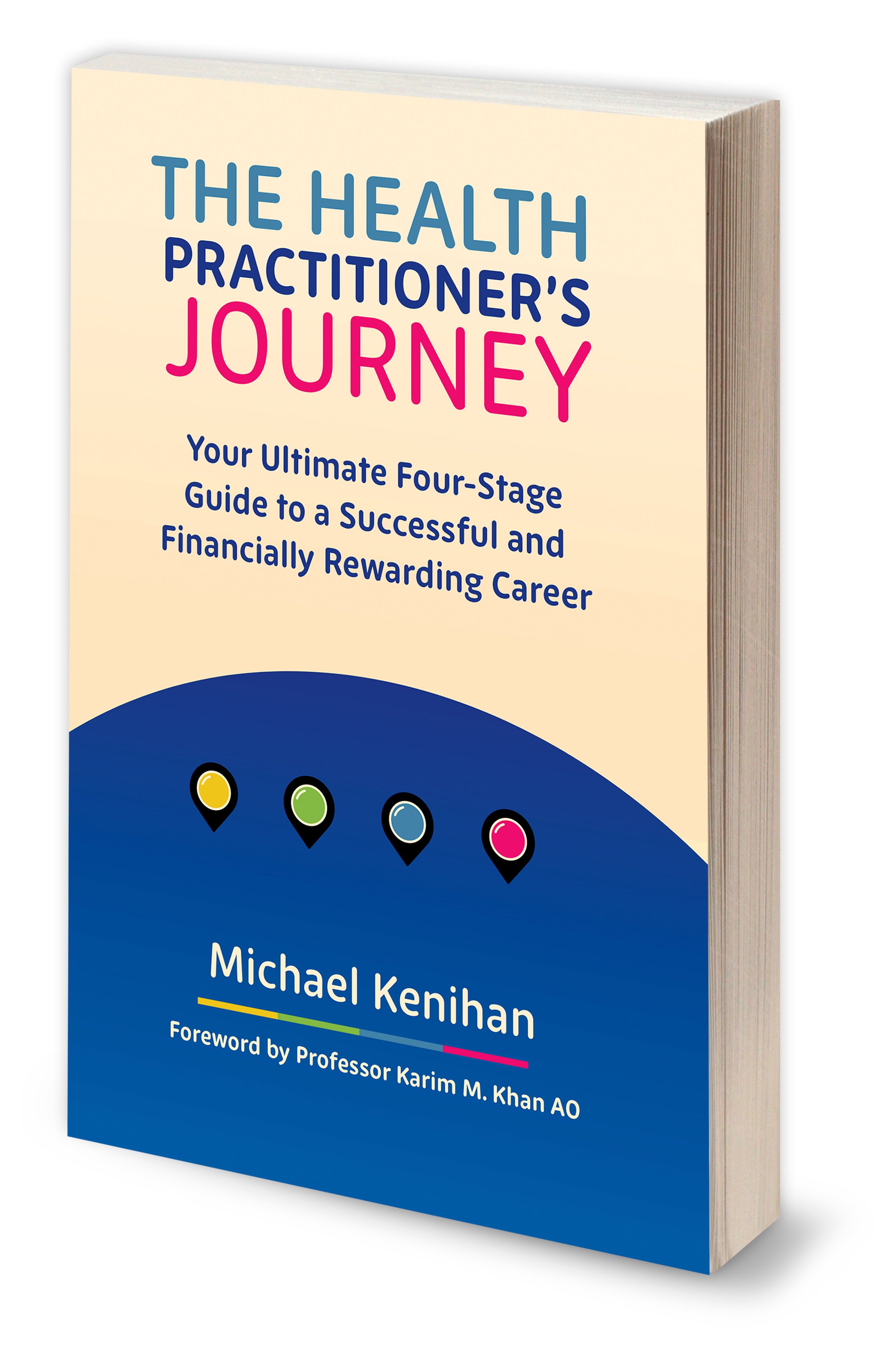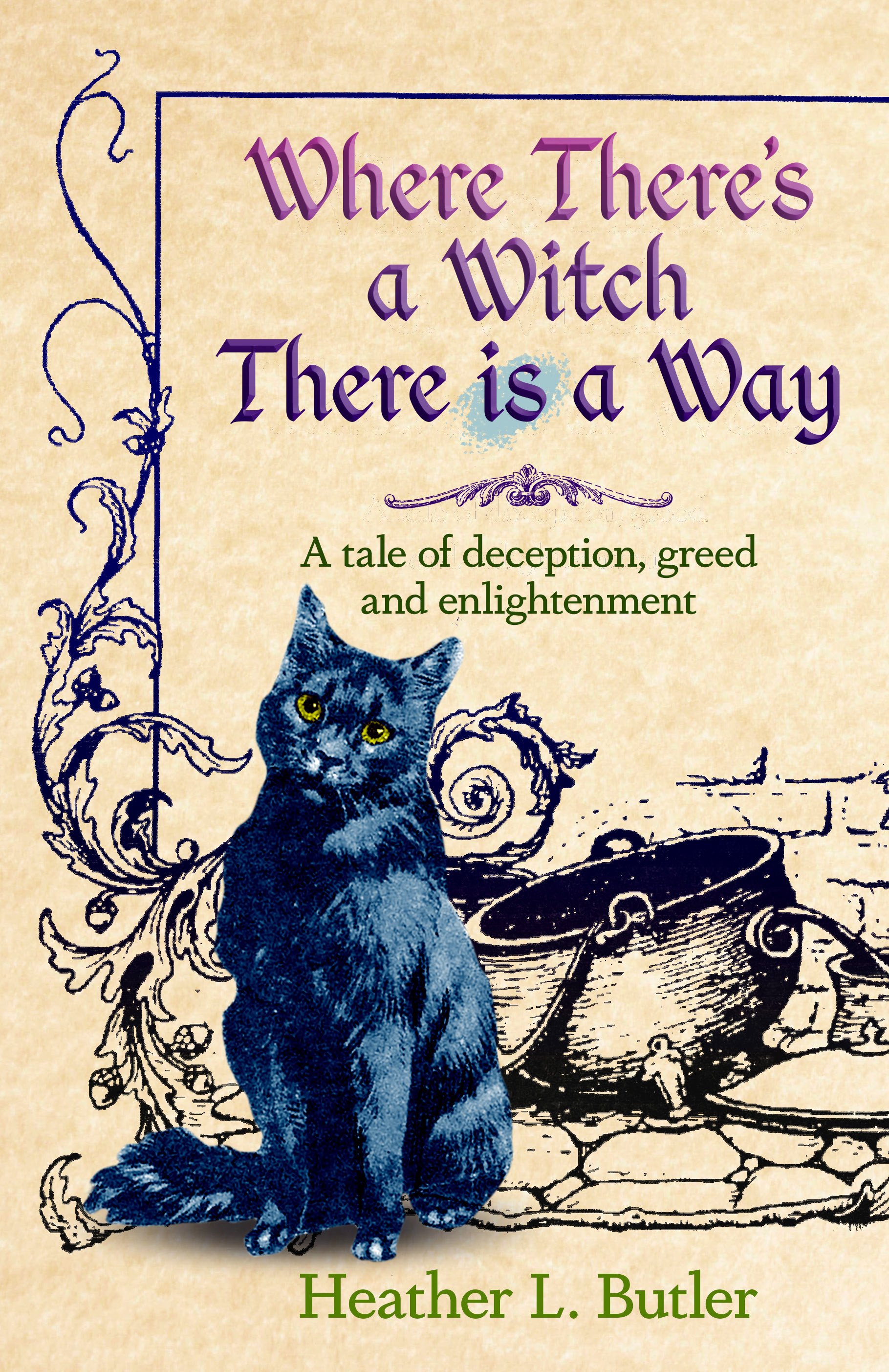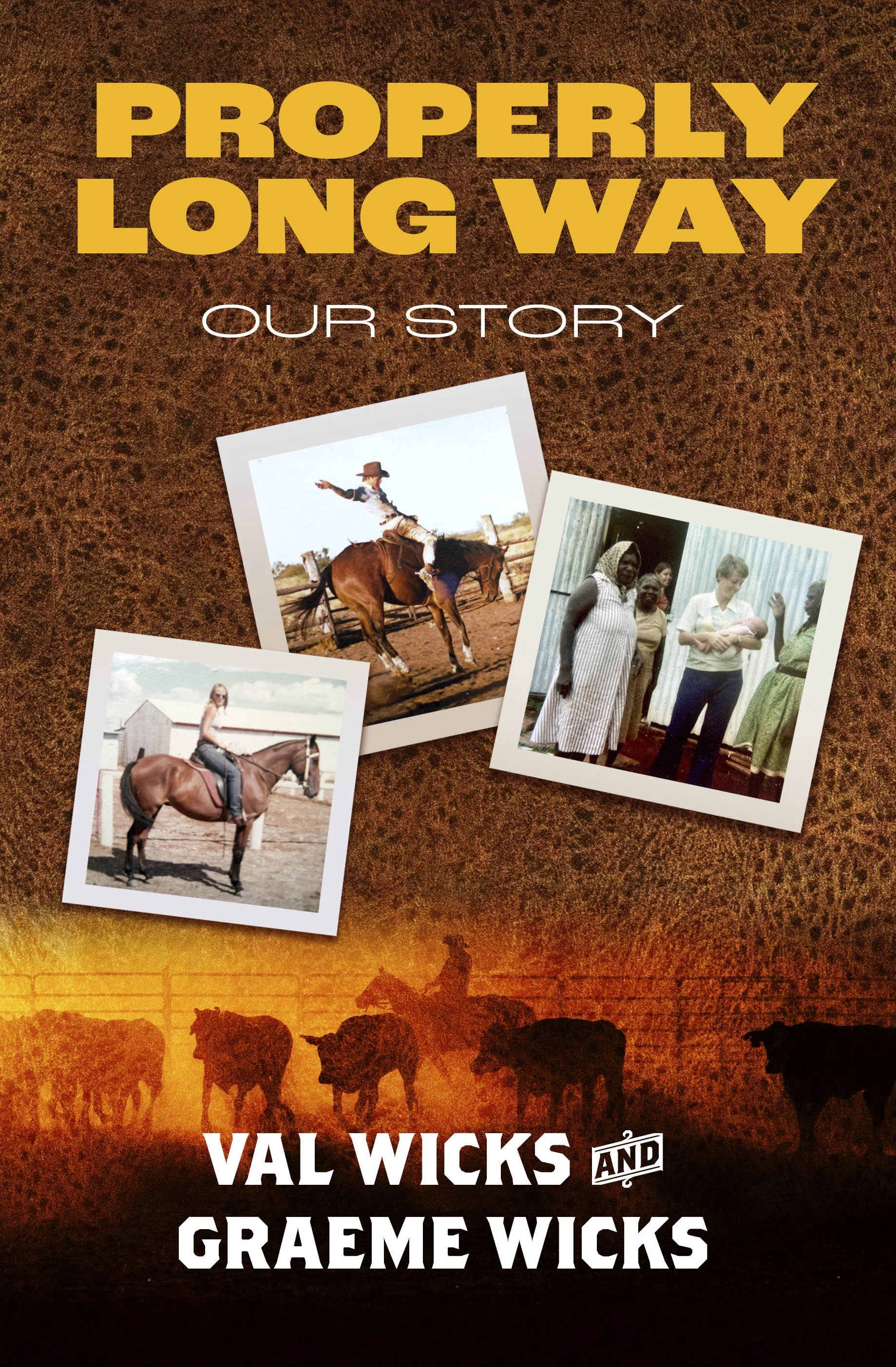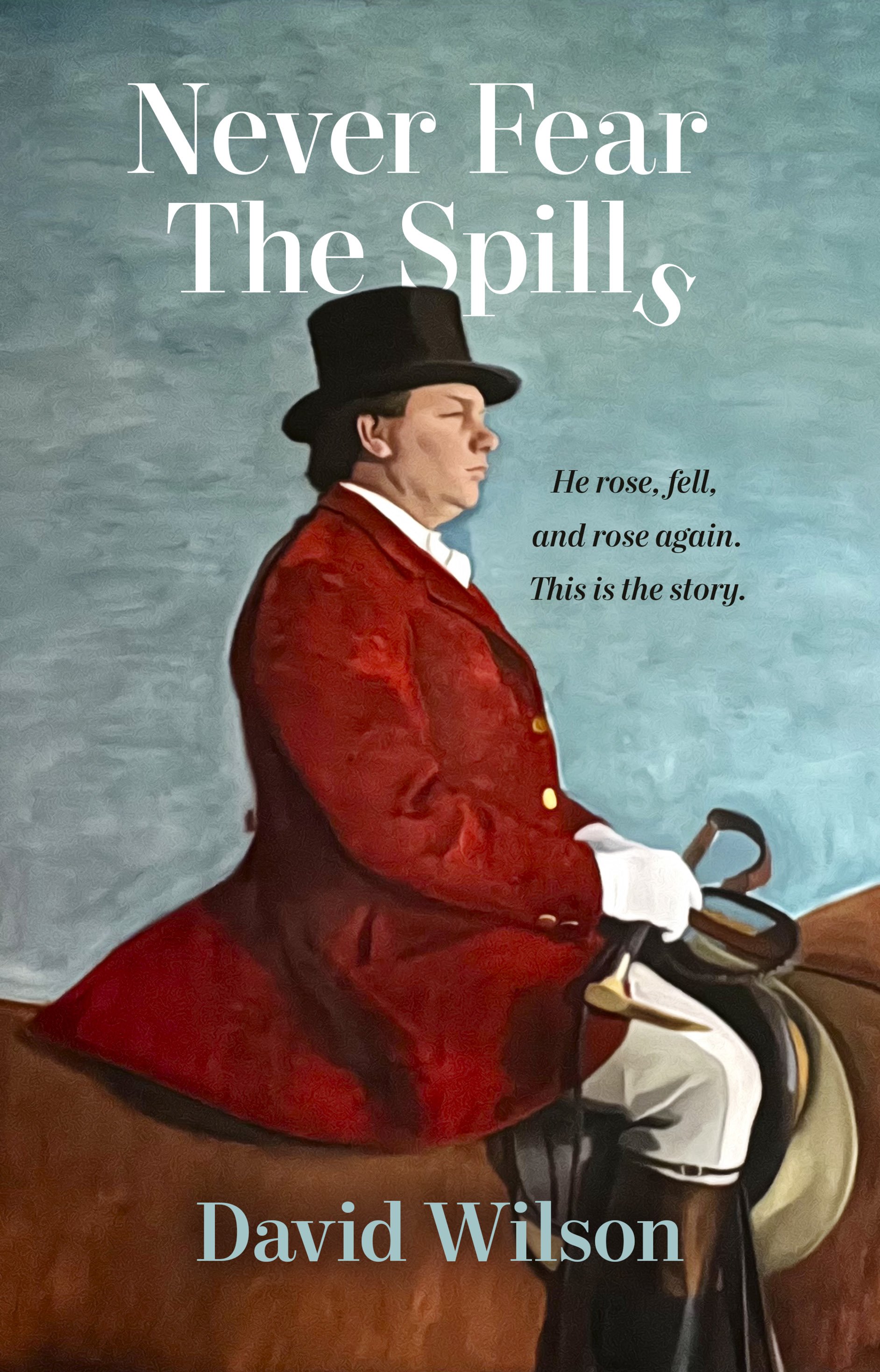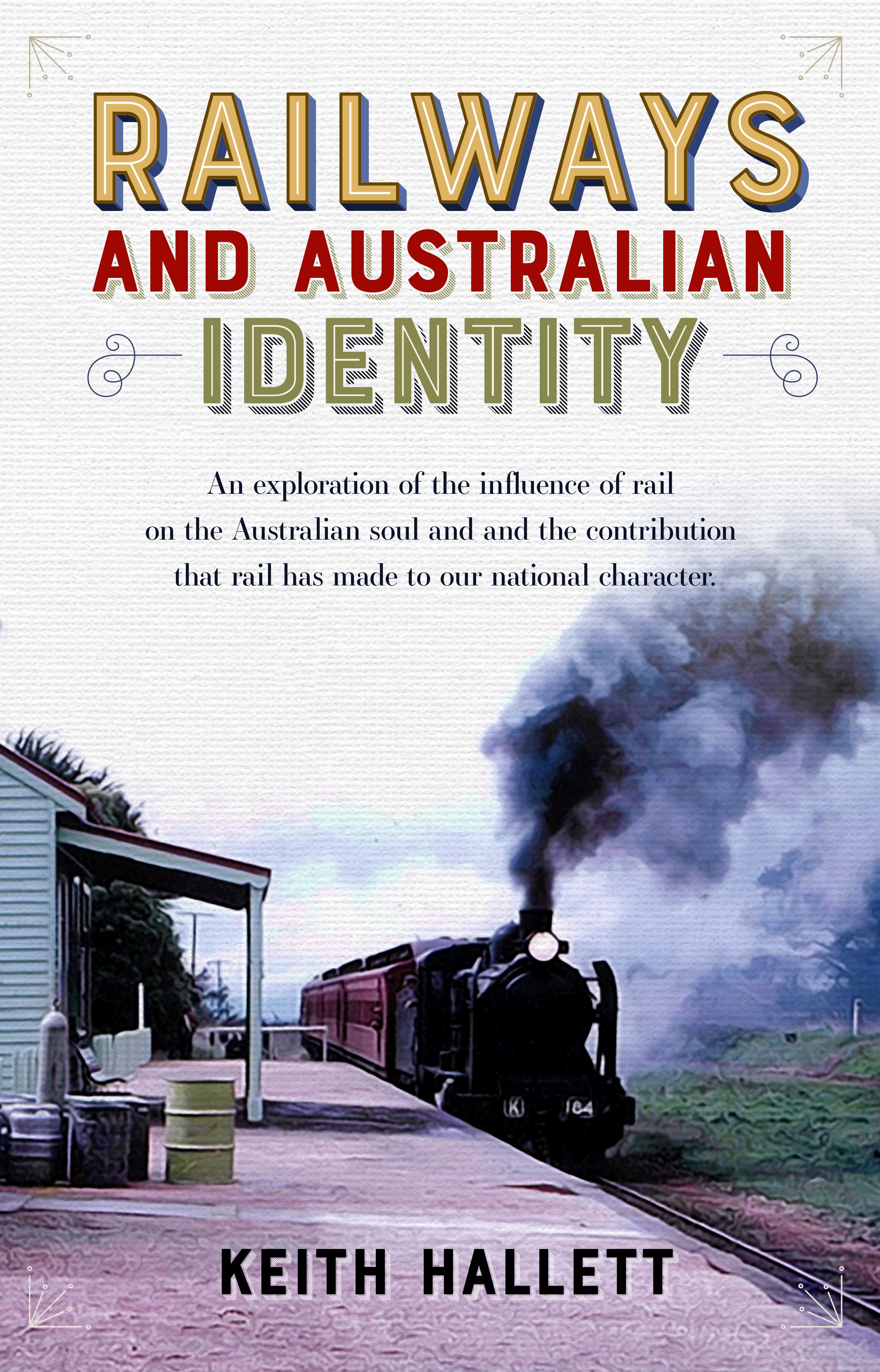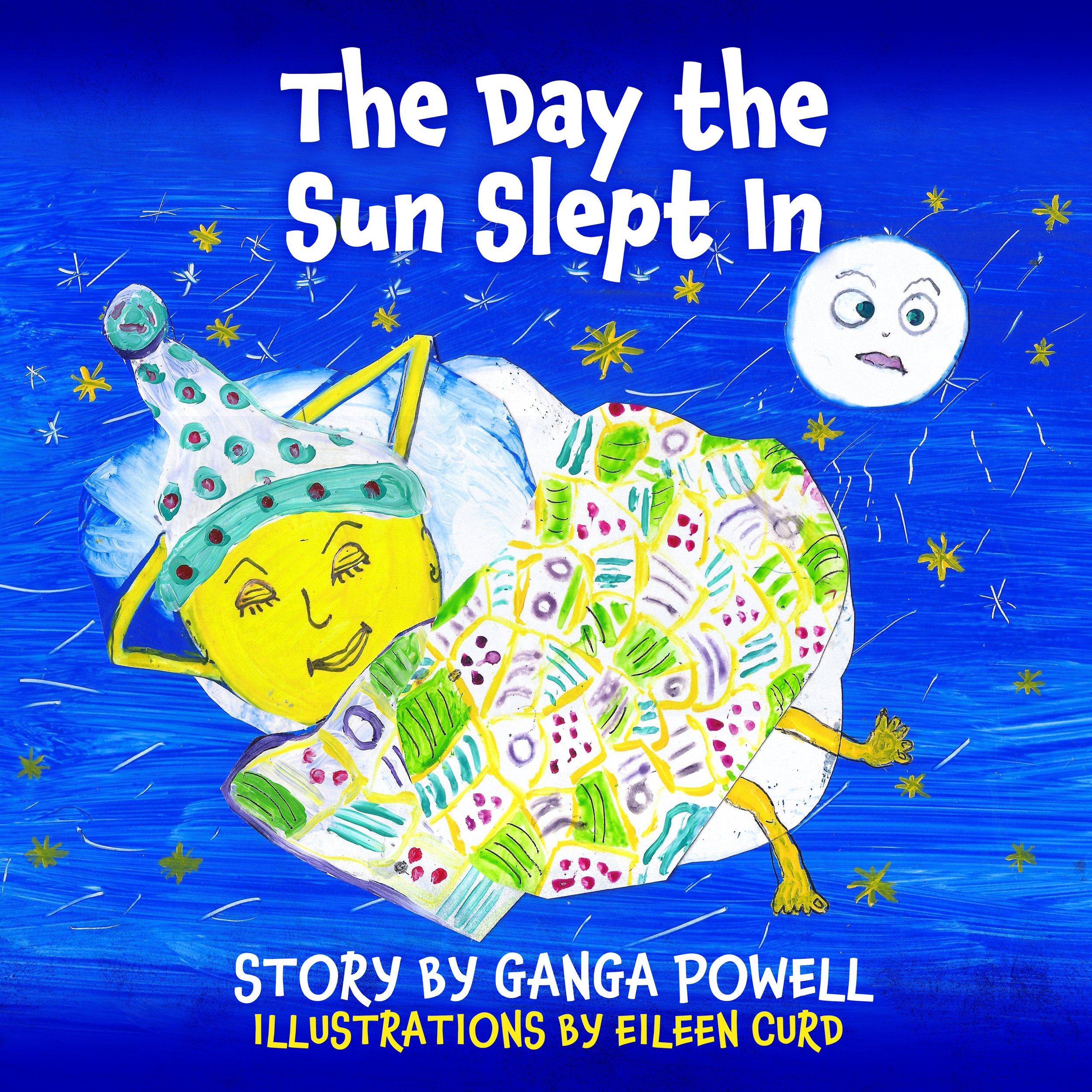Serious independent authors spend time checking out their competitors, the so-called ‘Comps’ or comparable titles. It is a great way of getting a sense of a particular genre, prevalent trends, the key cover design elements that signal a particular fictional niche. A writer should have a good idea of their specific target readers — and, spoiler alert, it is not ‘anyone who can read’. If you have read a lot in the genre you are writing in (always a good idea), you will already have a fairly good idea of how your title/s relate to the existing literary landscape. Making a list of comparable titles, whether bestsellers or midlist, can also be helpful for book cover designers looking to get a more specific feel for your title. At the same time it gives the author a better sense of the overall commercial literary landscape.
Typographic Illusions and Type Design
A very interesting article on the optical illusions that type designers must take into account when designing a new typeface. Written by Jonathan Hoefler, type designer extraordinaire, designer of superstar typefaces such as Gotham, Archer and Sentinel.
Recent Cover Designs from the House of WorkingType
DragGAN Drops
Another ‘AI is functionally equivalent to magic’ post. DragGAN is an experimental AI App that allows for extensive intuitive photo editing on the fly, including changing perspective, facial features, hair colour and length.
“the results are mesmeric. DragGAN is an interactive way of editing photos or works of art by tagging points on an image and just… dragging. The AI does all the hard work.”
Book cover designs and drafts April 2023
DIY renders of 3D book covers (free)
Boxshot invites users to upload their book cover and spine, then fiddle with a variety of controls to arrive at a striking 3D rendering of said cover. The basic offering is free, with a paid version offering more bells and whistles.
“This 3D book cover generator is constantly rendering a realistic book model with the pictures you loaded. Every time you move the camera or change a parameter — the rendering starts from the beginning. It may take some time for the noise to come away and you get a nice and clear 3D image.”
Independent author Maria Stefanides Interviewed
An excellent overview of Maria’s writing philosophy and background can be found here. Her book “The Invisible Thread” is available on Amazon.
““her writing story was carved by her immigration story. Her Cypriot heritage has been an integral part of her writing journey. Maria writes with the ink that drops from her heart.””
Queen of the Crop: ‘The King of Rhye’ An Exercise in Promotion
In April 2022, I released my debut novel, ‘The King of Rhye,’ after a productive six months working alongside Sid Harta Publishers. It entered the world to a fair reception (for an untested indie author); though as anticipated, it did not smash any records or win any Nobel Prizes. Nearly a year later, it will be receiving a shot in the arm, with the imminent release of an audiobook likely to find another modest reader base.
By my own estimation, the true success of ‘The King of Rhye’ has been its permeation into various corners of cultural awareness. It has moved sideways, into several other forms of media, both auditory and visual, to create not so much a story as a multisensory experience. There now exists an official soundtrack of original music, produced for songs lifted directly from the story. A rich (and expanding) gallery of bespoke ‘canonical’ art adorns social media pages, clothes, other merchandise, the cover of vinyl records and the walls of my house. It is also soon to receive its second language publication, having been diligently translated to French. It is anticipated that the French version will hit the market later in 2023.
Not too bad, for a book less than one year old.
I attribute this ‘lateral progression’ to a combination of two main factors. The first: a consistent and front-loaded assault on selected social media. The second: an awareness of target audience, and a reasonable understanding of how best to capture that audience’s attention.
For completeness, it is worth highlighting that Lady Luck certainly played a role (I should have included her in Acknowledgements). One or two steps of the journey came courtesy of the right people stumbling over my work at the right time. I guess that is something that may or may not happen to any author, in their fledgling career.
A few words, then, about my approach to social media. I am now a man in my early forties. I am well aware that a plethora of social media platforms exist these days; every time I turn around, the youth of today have launched a new one (most of which, I’ll be honest, I don’t understand). I am most active on Facebook (being somewhere on the cusp of Gen X and Gen Y). As it turns out, my target demographic also use this as their go-to place for doomscrolling. Of course, I did know this before I started, so it was no accident that I chose Facebook as the main place to launch my campaign.
I also started early, which I think a lot of wannabe authors don’t think to do. They write their book, then they start trying to sell it to an audience. I started over a year before the eventual release date. I told people what I was aiming to do, what I hoped to achieve with it, and what they might expect from it. From humble beginnings, I built a following. Slowly. It still isn’t huge, but it has grown consistently. That takes time – there are almost no ‘overnight sensations’, despite the illusion.
I don’t pay for Facebook ads. That worked, exactly one time, right at the beginning. Eventually, the algorithm only shows your sponsored ads to people who already follow you. So, it was necessary to use other platforms to increase exposure that way. I have a Reddit presence (useful), an Instagram page (quite useful), a LinkedIn profile (useless) and am dabbling in YouTube – which has the potential to be the most useful of all, if I actually had the time to produce a series of videos.
I’m aware that TikTok can work, but I’m horrible at dances, so I’ll leave it alone.
Next, to discuss target audience. One might say that I had the advantage of being able to ride on the coattails of one of the world’s largest rock music fandoms, in finding people who might pay attention to my book (‘The King of Rhye’ is an ode to the wonderful music of Queen). But it is more complicated than that: linking your work to an existing cultural phenomenon only works if you also know how to harness the connection.
It needed to be clear in my language, in my visual style, and in the way I presented my project, that I understand what fans love about the band. I also needed to reach for the stars themselves, and see just what support I might be able to garner from the inner sanctum. I contacted Queen, via the International Fan Club. Whilst guitarist Brian May has been too busy with the endless stream of commitments, I did learn that he is generous and willing to embrace the efforts of fans to further Queen’s legacy. He did offer to help promote ‘The King of Rhye’; an offer that was seen by many, and not only gave me a boost of confidence, but also gave the project credibility in the eyes of others.
To broaden the potential reader base, I had to also emphasise that this is not just a book for Queen fans. It is at its heart, a fantasy epic in the ‘Hero’s Journey’ tradition. To that end, I became involved in a number of online fantasy author groups, getting involved in discussion as often as I could; helping other budding authors with editing, and taking opportunities to introduce myself and what I was doing in return. It all helped.
Once ‘The King of Rhye’ was finally released, I focused my attention in again, to invest some energy in my local community. I live in a town of strong social connections, so I found that pursuing radio interviews and a showing at the regional library was also beneficial. Word of mouth travels quickly.
To speak of ‘people stumbling over my work at the right time’: the Queen connection brought British illustrator Luc Hudson, and French musicians Louis Henry Chambat and Thibaut Sergeant (‘Fat Bottomed Boys’) into my sphere of awareness. They introduced themselves to me; gentlemen in completely separate walks of life, on the far side of the world, due to a shared interest and a united sense of purpose. They found me because I made my mission statement clear, and because I highlighted the strengths of my work – the worldwide love for a classic rock band.
Where has all of this gotten me? I travelled to Europe in late 2022, to present my book at a convention. I built more of an audience. Demand for a follow-up has swelled. Certainly, another story was in the offing; but now that promotion has produced momentum, I draft my second novel knowing that a hum of anticipation already builds.
I have loved this journey. It has been worth every moment of effort.
Craig Mulhall
‘The King of Rhye’ © 2022 Sid Harta Publishers
New Book Covers for December 2022
A few new covers, some drafts, some finalised, with the usual range of subject matter…
Jenny Wellington on ABC Radio
Jenny Wellington, author of the very entertaining novel Damengin, was interviewed on ABC Sunshine Coast — audio below.
“Damengin is a country town in Queensland weighed down by the worst drought in living memory and its inhabitants are all desperately waiting for government drought relief.
The bad news is that the funds have been sent and spent by Council's Shire Clerk Shifty Grey and his corrupt cohorts.
This is a rollicking fast-moving story about political skulduggery, greed, love and lust. It features outrageous characters, blossoming romances, pathos and importantly, has an incredibly happy ending.”
“A lovely Aussie story that everyone can relate to. Loved reading the book right from the start. I could hear the author reading the story to me at the start and as I got further into the book, wrapped into the characters of the story, I couldn’t put the book down as I sat in on the edge of my chair wondering what was going to happen next.”
Life With a Psychopath Talk with Franca di Pietro
Franca will be discussing her thought-provoking novel “Life With a Psychopath” at Mornington Library.
Details as follows:
Recommended for adult audiences
Francesca Di Pietro has a passion for storytelling, especially tales which highlight the dark side of human nature, including manipulative and aberrant behaviour.
Her debut novel, Life with a Psychopath tells the story of a young Italian woman, who enters into a relationship beset by racism, manipulation, and physical and verbal abuse with the charming and charismatic Shaun.
Carmella will not be beaten by Shaun’s behaviour and brings female empowerment to a new level. A compelling and gripping story of triumph, highlighting how victims of violence and abuse can overcome adversity by reaching out to those around them.
Join us at Mornington library where we are supporting 16 Days of Activism to end gender-based violence.
Tuesday, 29 November 2022 | 11:00 AM - 12:00 PM
Location: Mornington Library, Vancouver Street, Mornington, 3931
The talk is free. Bookings here.
Book Cover Designs for September 2022
An interesting variety of topics covered in the latest round of cover designs in progress…
Book Cover Designs for July 2022
A small selection of current cover designs, with the usual variety of subject matter…
Book Cover Designs for June 2022
A few recent book design offerings from WorkingType Studio. A variety of topics and treatments…
Book Cover Designs, May 2022
Recent Cover Designs — January 2022
A fairly wide variety of designs for January 2022. High contrast, bold type and strong colours.
Why Do Publishers Still Use Half Title Pages?
Though somewhat rarer than they used to be, half title (or bastard) pages sometimes appear at the beginning of books, followed by a blank verso page and then the full title. The practice of half title pages arose as a means of protecting the full title page from the wear and tear of the printing and binding processes. Of course, an alternative solution would be to simply add a blank page, and indeed, some book designers do exactly that. When books have to lose a couple of pages to fit into a certain page signature, the half title is the first thing to go. Personally, I think some publishers like the extended throat clearing involved in blank pages, half titles, full titles, endless prefatory pages and so on because it distinguishes their work of literature from other less exalted works that get down to business within half a dozen pages. It is a bit like those high art movies that start by listing all the nested organisations responsible for the production of that particular masterpiece — the list is sometimes startlingly long.
Birds of Prey by David Hollands
Eminent naturalist David Hollands has released his latest magnum opus and we highly recommend it to all lovers of Australian nature. David Hollands’ Birds of Prey Australia contains a beautifully written chapter on each of the birds of prey found in Australia. The photos were all taken by David in the field. Full of fascinating insights and amazing images, the book is available from his website, and from many bookstores. David has many earlier titles available such as Cranes, Herons and Storks of Australia, Owls, Frogmouths and Nightjars of Australia and Waders, the Shorebirds of Australia, among other titles.
WorkingType Design Samples Online
To view many and varied samples of our cover and book design work, try some of the links below:
Print folio by category: http://workingtype.com.au/index
Book Folio: http://workingtype.myportfolio.com
Full design archive: https://goo.gl/photos/6dzV55fEW6GgGVE59
Reedsy: https://reedsy.com/luke-harris
Recent Design Work and Blog Posts: http://www.workingtype.com.au/blog
Twitter: workingtype
Book Cover Designs for October 2021
The usual wide variety of topics and typefaces and approaches this month. Never a dull typographic moment…




